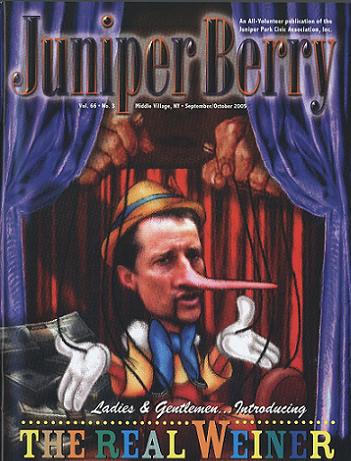Elder care neglect and abuse is the violation of a resident's rights while they are under the care and supervision of a facility/program/caretaker. Each resident has his or her own personal rights and freedoms that need to be protected and defended. It is important to remember that a resident does not surrender their right to protection from violations like neglect and abuse simply because they have entered a nursing home or elder care facility.
Millions of elderly Americans now need some level of professional care, meaning more potential instances of neglect or abuse. Family members can contribute to the well being of their loved ones not only by being supportive and caring, but also by being observant and well informed.
The following are common examples of the neglect and abuse that may be suffered by those living in nursing homes, assisted living facilities or receiving home care:
Broken Bones – Often caused by falls and accidents that occur when residents are not properly supervised. Also can be result of physical abuse.
Bed Sores (pressure sores)- Sores can be caused by a failure to properly turn and move a bed-ridden resident. In many instances, these are preventable by nursing home staff. Can lead to infection. Also known as pressure sores or decubitus ulcers.
Malnutrition – Caused by insufficient, missed or non-nutritious meals. Can lead to severe consequences such as infections, weakened immune systems and fragility.
Dehydration – Insufficient amounts of fluids.
Dehydration can cause infections and kidney failure, and result in dangerously low blood pressure (a leading cause of stroke and heart attacks).
Falls – The elderly are particularly vulnerable to serious consequences from falls. Negligent care and improper supervision can lead to situations where falls occur, such as wandering (a resident walking without supervision) and elopement (a resident leaves a facility without permission).
Physical Abuse – Deliberate use of excess physical force upon a resident. May include hitting, pinching, slapping, shoving or kicking. Also includes unwarranted use of restraints and the controlling of a resident through physical attacks.
Mental/Psychological/Emotional Abuse – Abusive behavior including harassing, threatening, ignoring or humiliating a resident. Also includes the emotional manipulation, coercion, seclusion or isolation of a resident.
Sexual Abuse – Any improper or sexually oriented touching of the resident. Includes any coercion to perform sexual acts by staff or other residents.
Verbal Abuse – Includes threatening, demeaning or insulting spoken or written comments. These comments are violations regardless of the resident's ability to comprehend.
Wrongful Death – The most devastating consequence of neglect and abuse. Almost all of the above examples can lead to the premature death of a resident.
It is critical to understand that the terrible consequences of neglect and abuse are not the natural results of the aging process. These are entirely preventable incidents, and elder care facilities and programs should be held accountable if they occur.
TIPS TO PROTECT YOUR LOVED ONES:
1. Try to visit as often as you can.
2. Ask questions about your loved one’s medications, eating habits, treatments, activities. If some thing has changed and you don’t understand why, ask the doctor or nurse who is responsible for your loved one’s care.
3. Don’t leave the room when your family member is being bathed/changed. This may be the only way that you discover your loved one is suffering with a pressure ulcer or from bruising.
If you suspect a loved one has been neglected or abused in a nursing home, assisted living facility, home health care situation or at a hospital, please contact Deborah Truhowsky, Esq. of Schwartzapfel, Novick, Truhowsky & Marcus, PC at (800)966-4999 for a free consultation.



